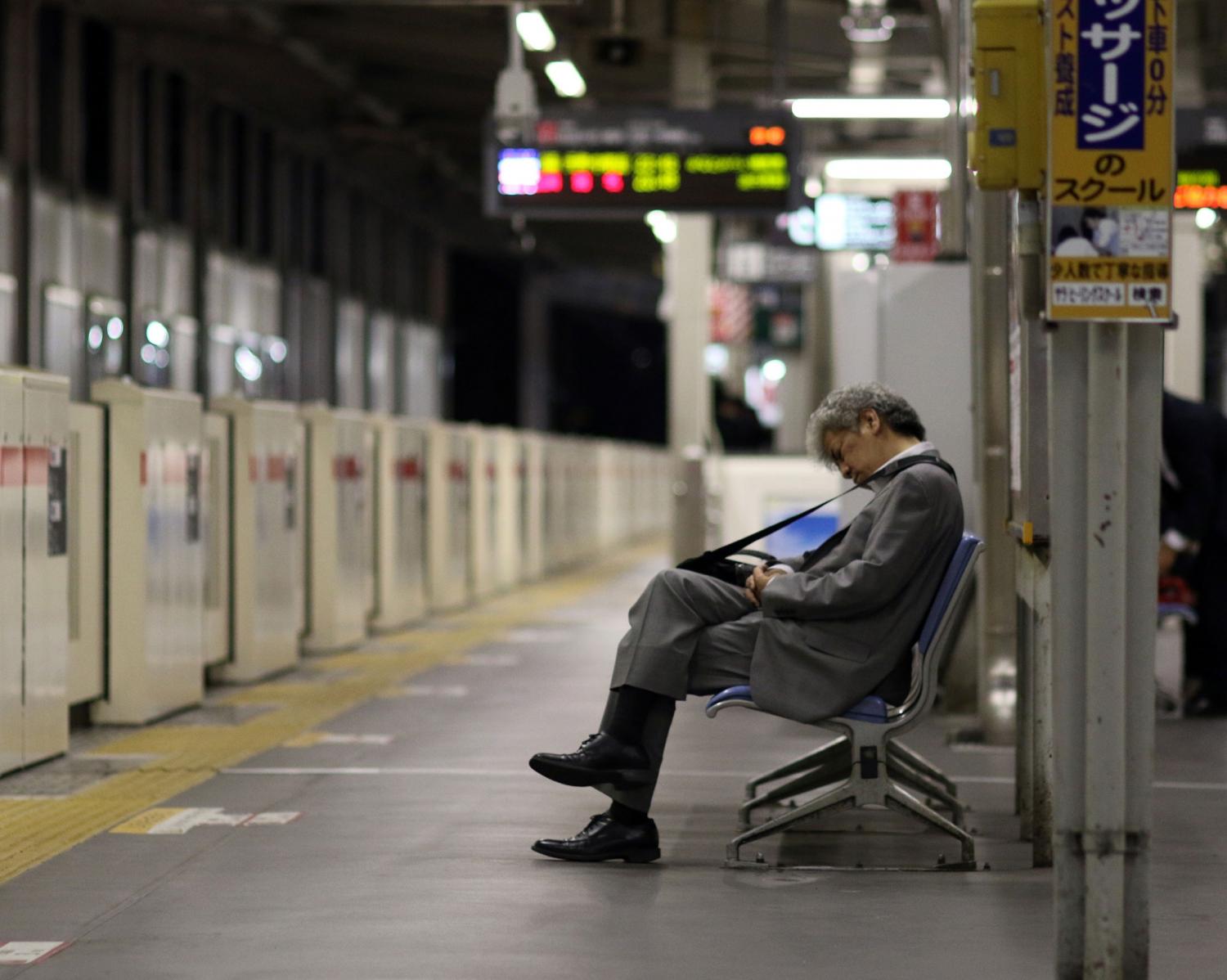
Why Are We So Unhappy?
Disease mortality rates are shortening and we can access the entirety of human knowledge from the smartphones in our pockets. We’re the safest, healthiest and wealthiest we’ve ever been and yet, countries like the United Kingdom and the United States aren’t anywhere near the happiest according to the yearly World Happiness Report. Instead, the Scandinavian countries flourish while other nations like Bhutan make their intentions not growth and greed, but happiness and community. Is the English-speaking world failing in its pursuit of happiness?
Life, Liberty and the pursuit of Happiness
‘How can I be happy?’ is one of the oldest question humanity has asked itself. As civilisation has developed and evolved, that is one of the constants throughout and can be seen in all levels.
“We hold these truths to be self-evident, that all men are created equal, that they are endowed by their Creator with certain unalienable Rights. That among these are Life, Liberty and the pursuit of Happiness.” – The United States Constitution
The United States – and the UK for that matter – unquestionably has the first two in this list of three unalienable rights. We have incredible healthcare and life expectancy and in an open democracy with universal voting rights, we have liberty too, so why not happiness?
Well, a lot of that is down how people go about trying to get there. Some think a long, healthy life is the answer to joy and that’s a statistical likelihood in the United Kingdom. Research found from sports editorial team Betway Insider, shows that four-fifths of people will live to 80, the same margin will have happy children and 70% will get into university and get a good education.
Others, meanwhile, believe that money is their route to happiness. Quotes like “money doesn’t buy happiness but it surely helps” adorn posters and there is some definite truth in that. Joy is obviously a personal thing and there are examples of joyless billionaires and optimistic people on the streets so there will have to be some generalisations. People living in poorer countries are generally unhappier than those who don’t. Poverty contributes so much to unhappiness as people stress and worry over where their next meal is going to come from.
However, there is a cut-off point. The UK’s GDP/capita is amongst the world’s elite and it boasts the fifth largest economy on the planet. And yet, the UK is nowhere near the fifth happiest on earth. Psychologist Daniel Kahneman and economist Angus Deaton conducted a study which showed that a yearly salary of $75,000 was the ceiling for the correlation between income and happiness. After that point of wealth, you’re on your own.
“Mental health is the biggest single predictor of life-satisfaction.”
1 in 6 people in the UK are affected by mental health problems on a weekly basis with 1 in 4 experiencing symptoms each year. Suicide is the biggest killer of young men and the average age for the onset of depression is now 14, compared to 45 in the 1960s, according to statistics. Mental health and unhappiness are two separate things but studies have shown that “Mental health is the biggest single predictor of life-satisfaction.”

So, in order to become happier, you must first help your mental health. Unhappiness and depression stem from the same chemical imbalance: a lack of dopamine and the most common treatment options include therapy, exercise and a healthier diet. People with depression are encouraged to talk to others and count their blessings, while people with anxiety are told to step back and refocus, to re-evaluate their situation and take a deep breath.
“Open happiness” – Coca-Cola marketing campaign
The problem is that Western culture is so often focussed on the exact opposite of all of this. News channels exaggerate problems and increases stress levels and on a daily basis we’re bombarded with advertising. Ads which tell us how we’re bad in some way and claim that the only way to remedy this is to buy the product they’re selling.
Work is another cause for unhappiness with people working longer hours for less money. In economic systems where the sole desire is increased profits and growth, workers are made to suffer with increased controls on productivity and streamlining. Take Japan as an example. A fifth of Japanese companies admit that some employees work over 80 hours per week on a regular basis. These levels of stress drastically hinder a person’s health and the Japanese language now actually has a word for people working themselves to death: Karoshi.

So what are the happiest countries doing differently to stop all of that? A conversation about a country’s happiness cannot be had without discussing Bhutan. It’s widely known that the Asian nation has a public policy of prioritising ‘Gross National Happiness’ over GDP. It’s a policy which has attracted much praise and while the Bhutanese people are statistically amongst the happiest on earth, a lot of that is down to the country’s culture rather than its government. Meditation is a major part of life in the predominantly Buddhist country, something which has often been one of the chief treatment options for people with anxiety and stress problems.
The Scandinavian countries lead the way at the top of the World Happiness Report as they have done for many years. Norway, Denmark and Iceland filled the top three but why is that?
"The Scandinavian countries are very big on social support," claims Dr Jan-Emmanuel De Neve, one of the main authors behind the happiness studies. "The top countries, you can see, have societies which are not at each others’ throats. But also they have high GDP per capita."

That, it seems, is the key to happiness. Money is the chief factor behind a country’s happiness but once people have enough for food, warmth and health, it becomes more complicated. After a certain point, mental health becomes the biggest cause of happiness so people need to be aware of that. If people want to be happier they should start treating a mental health problem even if they don’t have one. Engage with friends and family, work less, exercise more and eat healthier. Move away from the western culture of work and greed by evaluating what you have instead of what you don’t. And if things get too much, take a leaf out of the Buddhist book and try meditation.
Editorial References & Statistics from Article:









